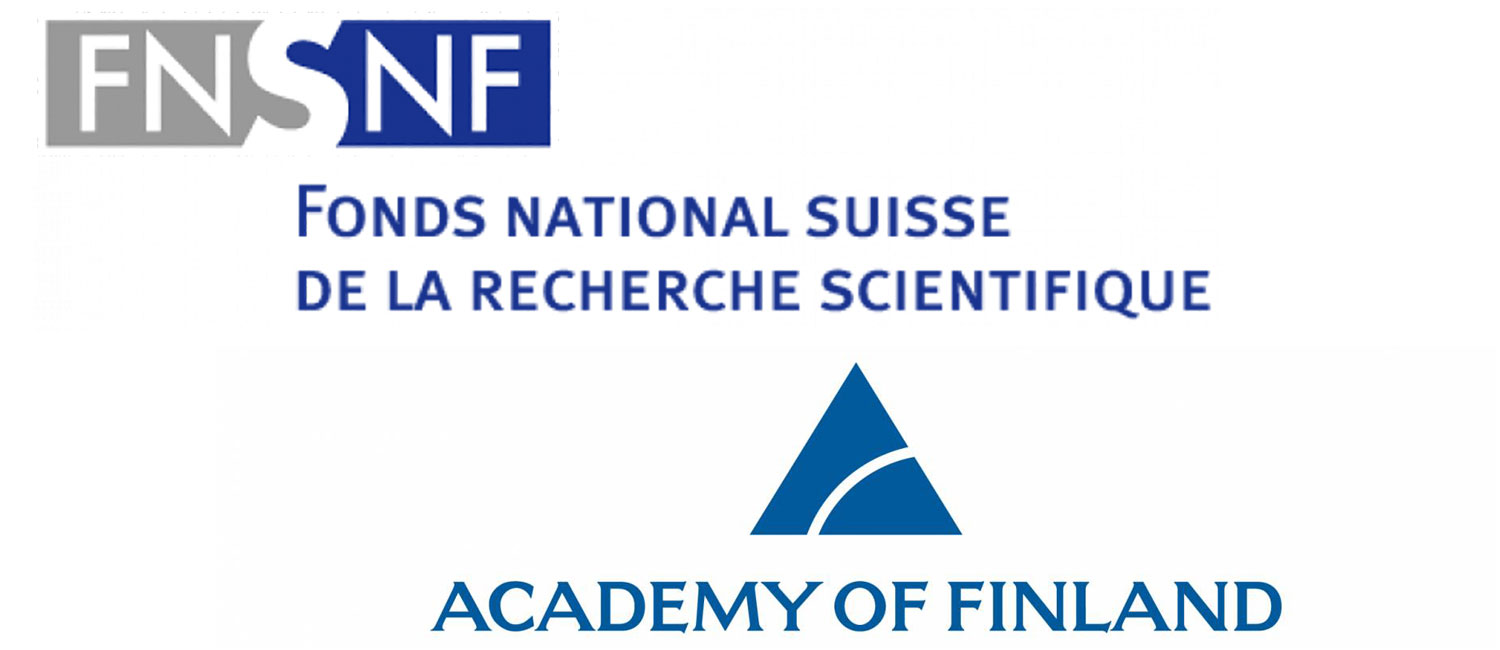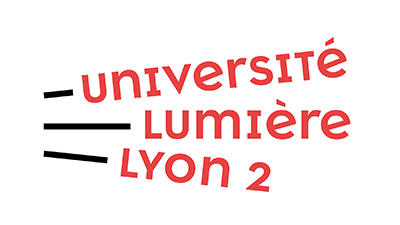Publié le 14 février 2021
–
Mis à jour le 21 avril 2023
du 1 janvier 2019
au 31 décembre 2024
au 31 décembre 2024
Interventions sur l'embryon humain : approche psychosociale comparative Brésil | France
| |
Financement : Fonds National Suisse, Academy of Finland | |
2019-2024 |
|---|---|---|---|
| |
Porteur : Christian Staerklé, Université de Lausanne Membre impliqué : Nikos Kalampalikis |
||
Motivated by the recent rise of populist movements around the world, this project proposes to analyse new forms of political thought that combines classical forms of anti-immigrant prejudice with negative attitudes, cynicism and distrust towards political, economic and cultural elites, institutions, and the political system more generally (Mudde, 2004). We argue that social psychology has an important contribution to make to the ever-expanding debate and analysis of populism (Roodujin, 2019), but that it is currently ill equipped to appropriately tackle the elusive, contradictory and contested nature of populism. In order to provide a conceptual and empirical framework through which populism can be analysed through a social psychological lens, we extend existing research on intergroup relations and ideological belief systems by integrating research on attitudes towards elites, institutions and authorities. Our approach is based on the concept of populist representations, understood as shared forms of knowledge defined by the interdependence of vertical (people vs. elite) and horizontal (insiders vs. outsiders) differentiation. It both considers social psychological antecedents to the endorsement of populist representations (e.g., anomy, relative deprivation, shared resentment and anger, personal and political feelings of inefficacy) as well as attitudinal and behavioural policy outcomes (in the domains of social justice and welfare). Our goal is to examine the convergence and divergence of predictors and outcomes of both right-wing (national) and left-wing (social) populist representations across four national contexts: Switzerland, Finland, Greece, France.
Informations pratiques




